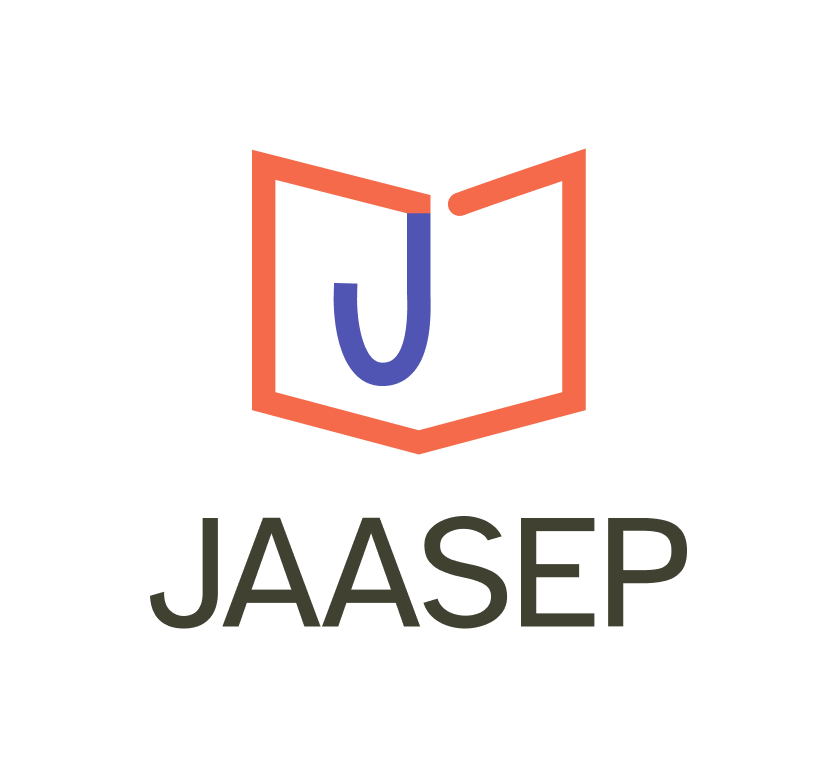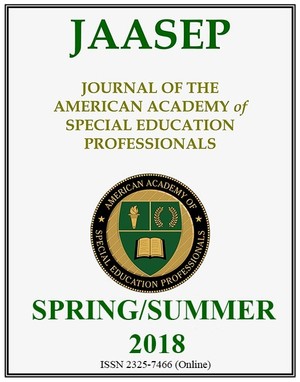$9.95
Do Analytical Thinking and Creativity Differ Between Gifted and Non-Gifted Students
Abstract
Sternberg's Theory of Successful Intelligence proposes a broader and more comprehensive view of intelligence beyond traditional measures like IQ. The theory consists of three main components: analytical, creative, and practical intelligence. The theory suggests that gifted individuals have more developed analytical, creative, and practical intelligence. This study investigated whether analytical thinking and creativity differ between students with and without giftedness. This study also evaluated the relationships between subscales in the context of identification status. The sample consisted of 12 gifted students (Group A) and 27 non-gifted students (Group B). Data were collected using the Scientific Creativity Test (SCT) and the Analytical Thinking Scale for High School Students (ATSHSS). The data were analyzed using the Kruskal-Wallis test and Spearman’s rho coefficients (ρ). The results showed a slight difference in SCT and ATSHSS between groups A and B. However, Group A had a significantly higher mean ATSHSS “knowledge assimilation” subscale score than Group B. Other significances and relationships were discussed, considering the limitations of the study.
Keywords: analytical thinking, creativity, giftedness, Sternberg's Theory of Successful Intelligence



